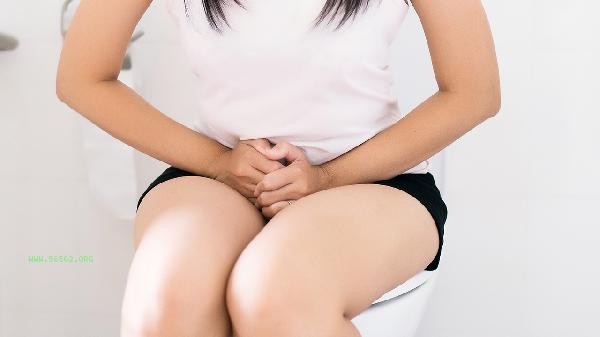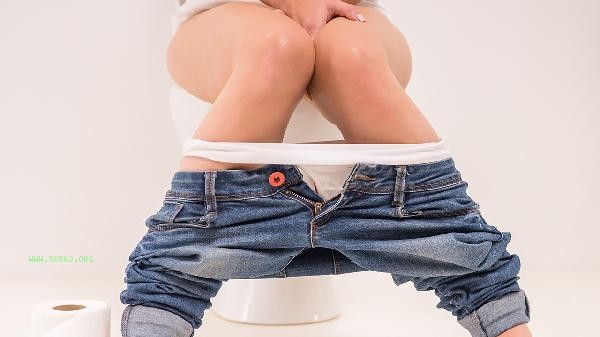Difficulty in defecation during dieting and weight loss can be improved by adjusting dietary fiber intake, increasing water intake, moderate exercise, regular sleep, and short-term use of laxatives if necessary. This problem is usually caused by factors such as imbalanced dietary structure, slowed intestinal peristalsis, decreased metabolic rate, disrupted microbiota, and psychological stress.

1. Dietary fiber supplementation:
Daily intake of 25-30 grams of dietary fiber can effectively improve constipation. It is recommended to consume foods rich in soluble fiber such as oats, dragon fruit, chia seeds, etc. Their water absorbing and swelling properties can soften feces. Simultaneously pairing with insoluble fibers such as celery and shiitake mushrooms can promote intestinal peristalsis, but it is necessary to avoid excessive fiber intake in the short term that may cause bloating.
2. Water intake management:
Drinking 1.5-2 liters of warm water daily, and drinking 300 milliliters of warm water on an empty stomach in the morning can stimulate the gastrocolic reflex. When there is insufficient water, the intestines will excessively absorb fecal water, leading to dryness. It is recommended to supplement an additional 500 milliliters of water for every 1 kilogram of weight loss. The color of urine can be observed to determine whether the hydration is sufficient, and a light yellow color is the ideal state.
3. Exercise stimulates the intestines:

Doing 30 minutes of aerobic exercise such as brisk walking and skipping rope every day, combined with clockwise abdominal massage, can enhance abdominal muscle contraction. For sedentary individuals, it is recommended to do 3 minutes of anal sphincter exercises every hour to promote intestinal peristalsis through pelvic floor muscle group activity. The cat cow pose and supine twisting pose in yoga have targeted effects on improving intestinal function.
4. Adjustment of daily routine:
Regularly use the toilet within 2 hours after waking up in the morning or after meals to establish a gut biological clock. Lack of sleep can affect the autonomic nervous system regulation function. It is recommended to ensure 7 hours of sleep to avoid staying up late and causing gastrointestinal hormone secretion disorders. Stopping eating 3 hours before bedtime can provide sufficient rest for the intestines.
5. Short term medication assistance:
Permeable laxatives such as lactulose and polyethylene glycol can be used for a short period of time under the guidance of a doctor to avoid dependence on stimulant laxatives. Proper supplementation of probiotics such as Bifidobacterium can regulate the gut microbiota, but should be taken 2 hours apart from antibiotics. If persistent abdominal pain or rectal bleeding occurs, seek medical attention promptly to rule out organic diseases. Long term dieting may lead to a 20% -30% decrease in basal metabolic rate. It is recommended to adopt a high protein, low carbohydrate diet with a daily calorie intake of no less than 1200 calories. It can increase the intake of magnesium rich foods such as bananas and nuts, as magnesium ions have a softening effect on feces. Develop the habit of recording the frequency and characteristics of bowel movements. If there is no bowel movement or fecal impaction for more than 3 days, timely medical intervention is necessary. During the weight loss period, it is not advisable to lose more than 1 kilogram per week. Rapid weight loss can easily cause electrolyte imbalance and worsen constipation symptoms.





Comments (0)
Leave a Comment
No comments yet
Be the first to share your thoughts!